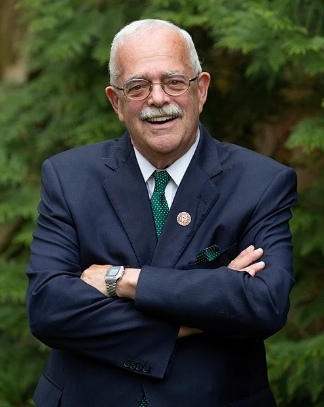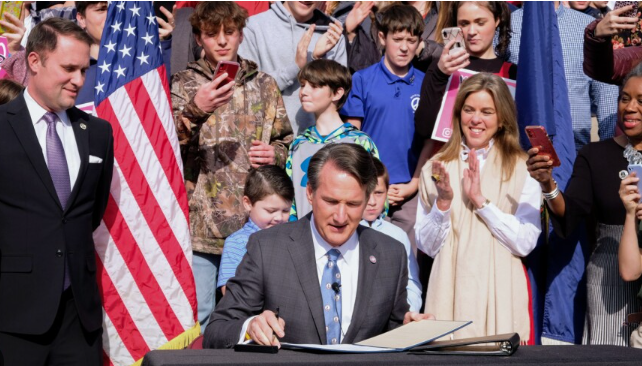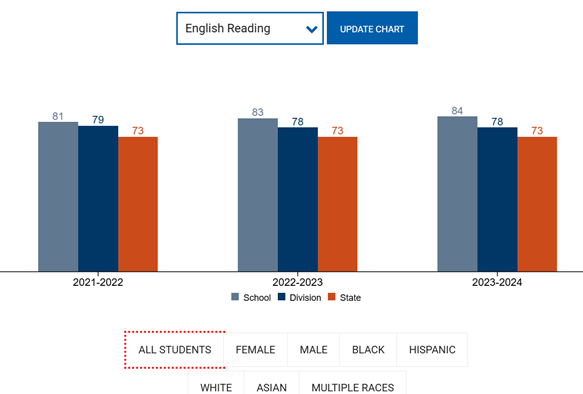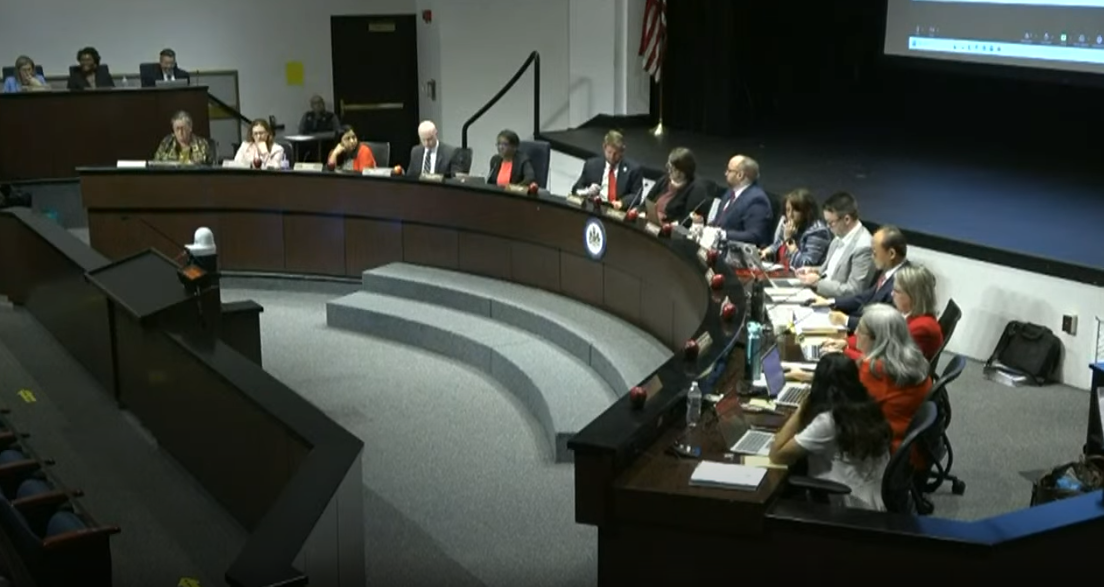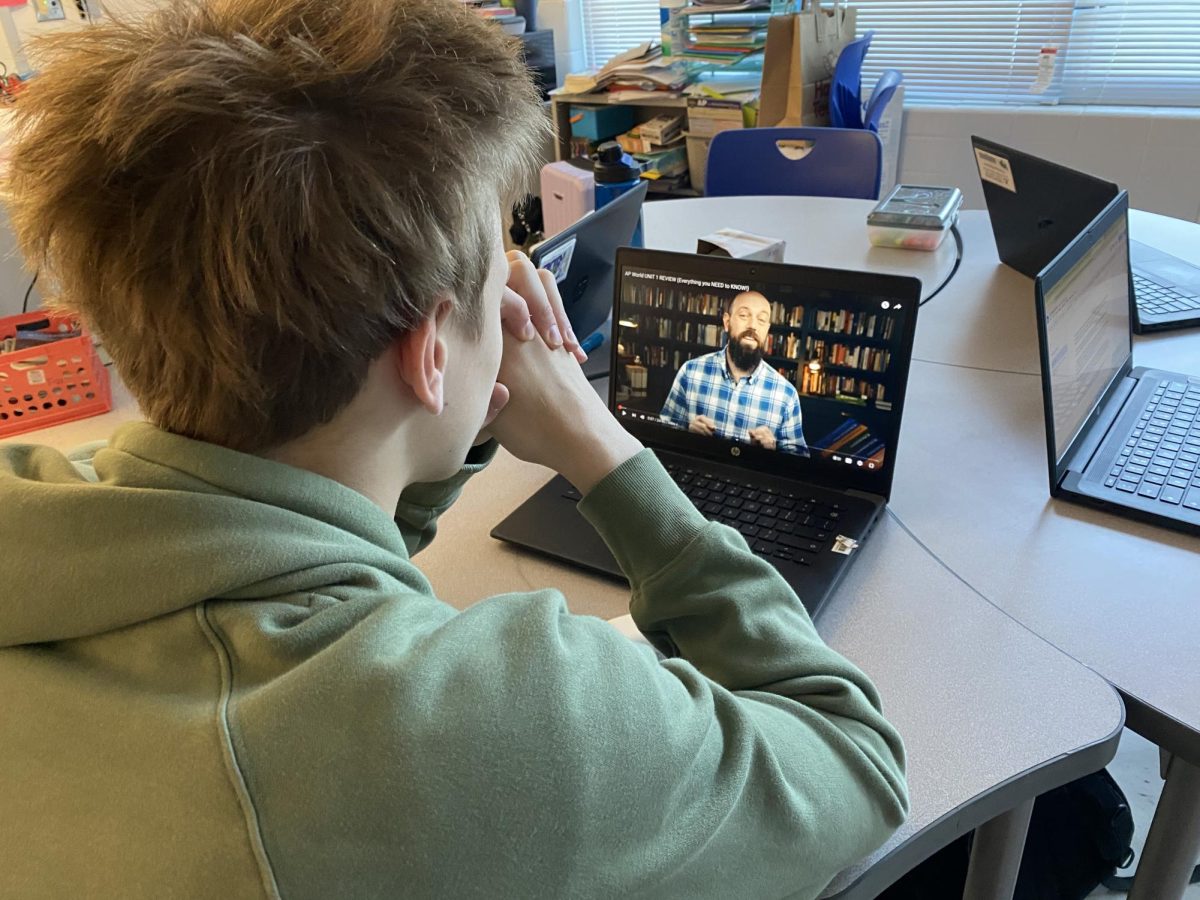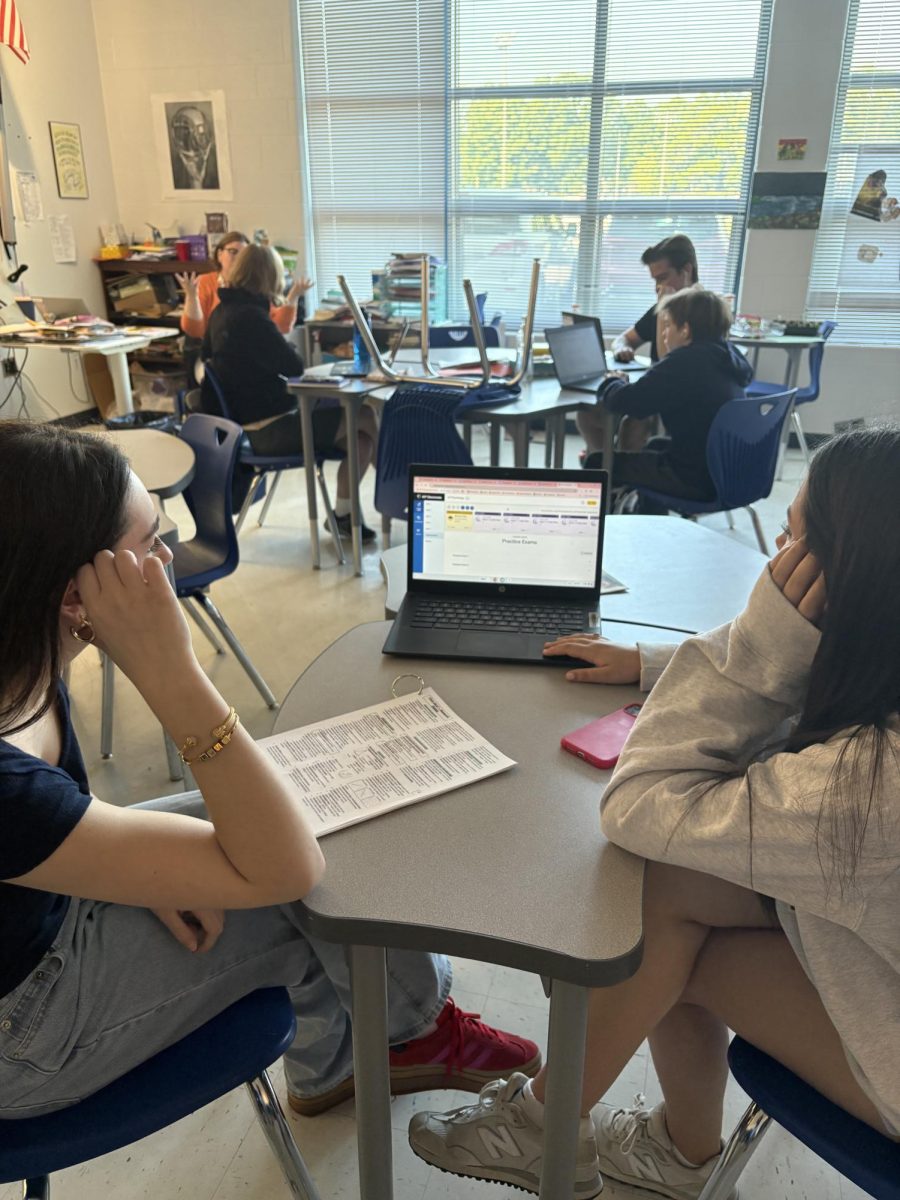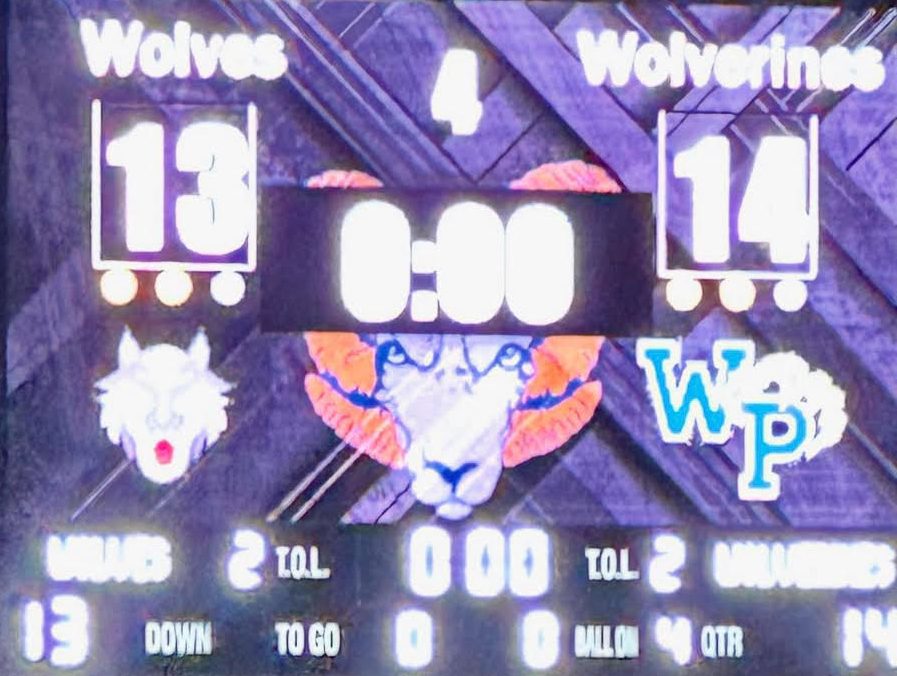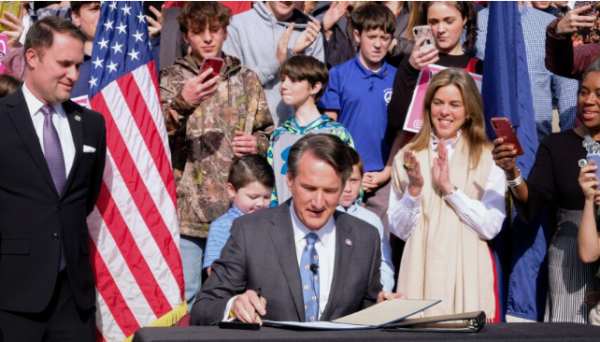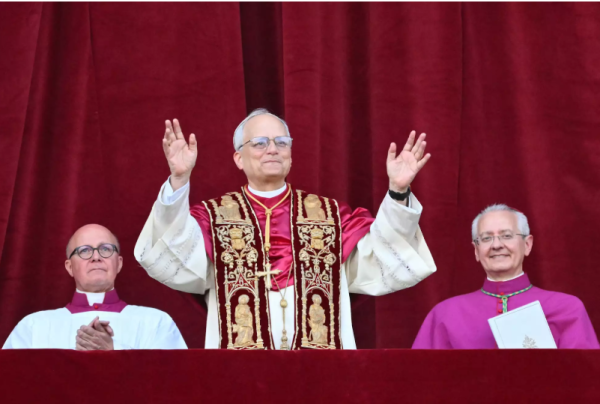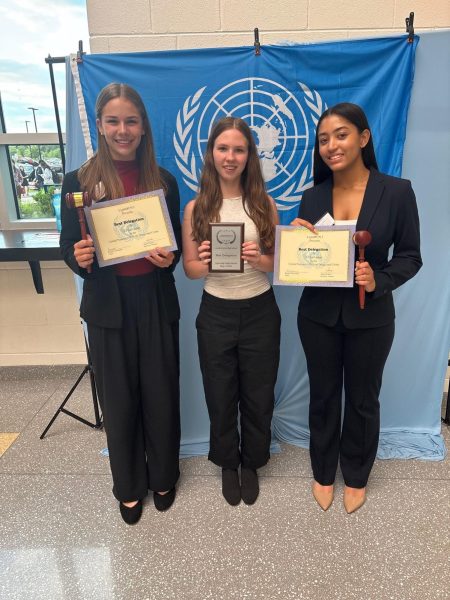What You Need-to-Know About Russia and Ukraine
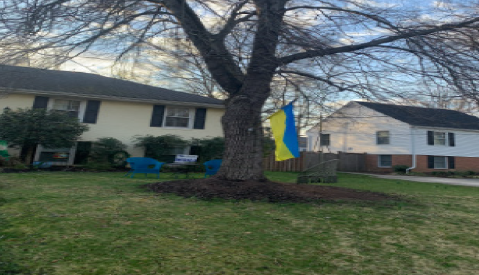
Local Home supports Ukraine by flying the flag. Photo Credit: Carlie Erlandson
On February 22nd, 2022, Russia bombed the city of Donbas in what was supposed to be a lighting strike attack, and since then, Russia has been bombarding and creating destruction within the country of Ukraine. But this war did not start in February 2022. The Russian-Ukrainian conflict has its roots in the USSR and the Cold War, and the consequences of the disbandment of the Soviet Union and the rise of Vladimir Putin. To make a long story short, here is everything you need to know about the current Russian-Ukrainian conflict and how it applies to us as citizens in America, and as students at West Po.
Timeline of Russian-Ukrainian War
Beginning of Conflict
December 1991: Ukraine becomes independent
The Soviet Union officially collapsed on December 26th, 1991, but on December 1st of 1991, Ukraine voted to become a sovereign state, and for the first time in 40 years they were free to be their own country.
December 5th 1991: Budapest Memorandum is signed.
The Budapest Memorandum is a document that was signed by both the U.S. and Ukraine. It was signed after Ukraine relinquished its personal nuclear stockpile to Russia to deactivate, and allowed it to enter the Nuclear Nonproliferation Treaty (NPT), which legally recognized five countries as holders of nuclear weapons, France, China, America, Russia, and the United Kingdom. In exchange for giving up its nuclear weapons, the United States signed the document and said they would defend Ukraine if its sovereignty was ever threatened.
November-December 2004: The Orange Revolution
The Orange Revolution was a protest of falsified presidential election results between Viktor Yanukovych and Viktor Yushchenko. Yanukovych was Prime Minister running for presidency in the 2004 elections and was supported by Russian president Vldamir Putin. Yushchenko was the leading candidate during this election and was running on an anti-corruption platform. Soon after it was decided Yanukovych was the winner, Yushchenko’s supporters stormed the capitol wearing orange, the color of Yashchenko’s campaign, and the election was declared invalid. A runoff election took place and Yushchenko was declared the winner.
February-March 2014: Russia & Crimea
Crimea was an Ukrainian peninsula with a mostly ethnic Russian population, which Russia illegally annexed in early 2014. Crimea was then integrated into the Russian Federation, and it is still a part of that today. The annexation of the island sparked international outrage even though a survey says 81% of Crimea’s residents support the annexation.
April 2019: Volodymyr Zelenskyy
On April 21st 2019 Volodymyr Zelenskyy was elected president of Ukraine. His campaign promise was to end the war with Russia and root out corruption in the Ukrainian government.
February 2022:
In the span of three days Russia recognizes Ukraine breakaway regions as independent territories, and then launches a full scale attack on the city of Donbas. On February 21, 2022, the Russian supported formerly Ukraine regions of Donetsk and Luhansk as independent states, and then sent in troops to those places to keep the peace. On February 23rd, Russia bombs the city of Donbas and the Russian Ukrainian war begins.
Now:
Currently, Ukrainian forces are fighting against the Russians that have been invading and attacking their country. Ukraine is in complete shambles, and Russian citizens are completely blocked off from the rest of the world. They are being fed lies about the war their country is fighting for, and are under the impression that they are fighting a war on the Western world. Ukraine is pleading for help from other countries around the world, causing countries like Switzerland to break their long standing neutrality.
How it applies to America:
The current conflict in Ukraine does not have any direct ties to the United States as of right now. Our country does not have any plans to send troops to fight or establish any alliances with the Ukrainans that could inadvertently call for war with Russia. Russia also has zero want or desire to fight with Americans because a fight between America and Russia is thought to be mutually assured destruction, as both countries have access to nuclear weapons, but neither have a large enough numerical advantage in that category to win a war. All that being said, America and other first world countries are applying extreme sanctions to the Russian people to tank their personal economy and destroy their standing within the world economy. Sanctions are a threatened penalty for disobeying a law or a rule, in this case, the sanctions are a penalty for starting a war with Ukraine, but also a show of support from the United States for Ukraine. These sanctions are not meant to stop the war outright, they cannot take away the sheer military force the Russians have acquired over the years, but they can make invasion so painful for the Kremlin that they would consider scrapping it all together. So far, the U.S has imposed “blocking sanctions’’, which are a specific type of sanction that “prohibits trade or transaction with a certain individual or group” on Otkritie, Novikom, and Sovcom, three major Russian companies that hold 80 billion dollars worth of assets in their economy. What this means is that companies like Otkrite, Novikom, and Sovcom that bring in a lot of money for the Russian people no longer can and that flow of money is now cut off from the country. Furthermore, several banks such as Sberbank, which holds a fifth of the country’s assets, have been frozen, so money there cannot be accessed either.
How it applies to us as West Potomac Students:
People all around the United States have been doing seemingly mundane things to help support the people of Ukraine. One group of people have been buying Air B&B’s to help get money directly into the hands of the Ukrainian people. Of course there are always organizations to donate to such as the Ukrainian Action Fund for Women’s Human Rights, Sunflowers for Peace, and Black is Polish, all supplying solutions such as housing, food, medical supplies and money to the Ukrainian people. Above all, we should be constantly educating ourselves and be aware of what is going on in our world so we can stop the spread of disinformation and be aware of how we can be of service to the Ukrainian people.
Carlie Erlandson is currently attending her first year at West Potomac High School as a junior. Fresh from the mountains of Colorado, Carlie has just moved...



